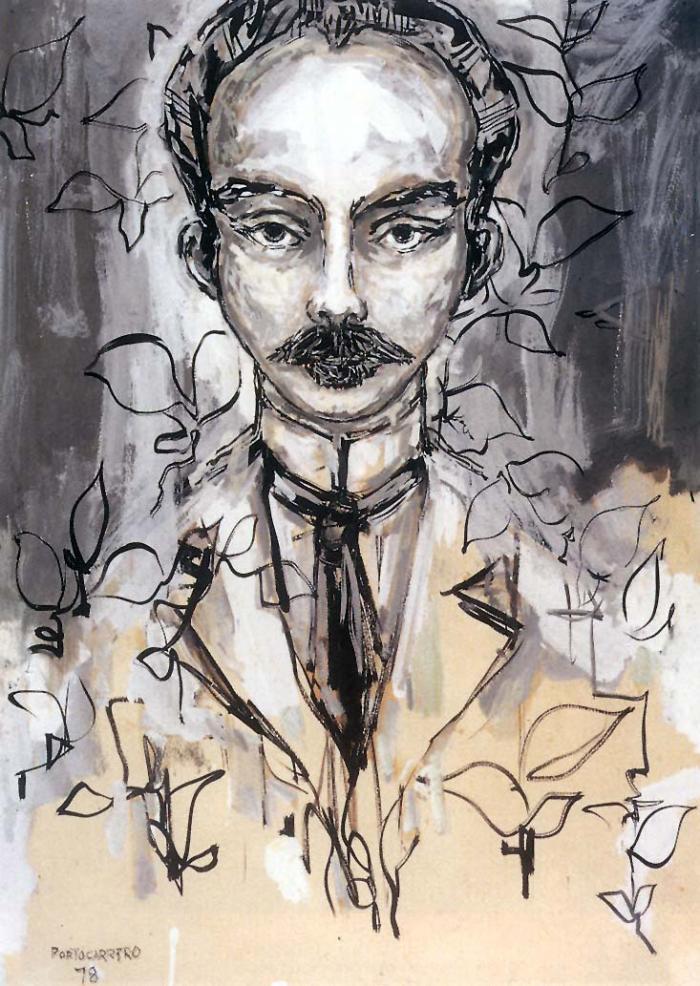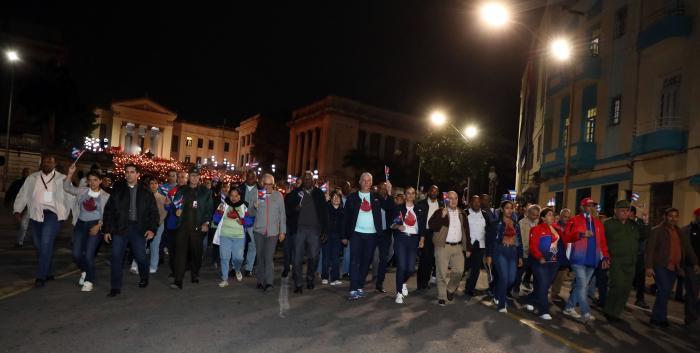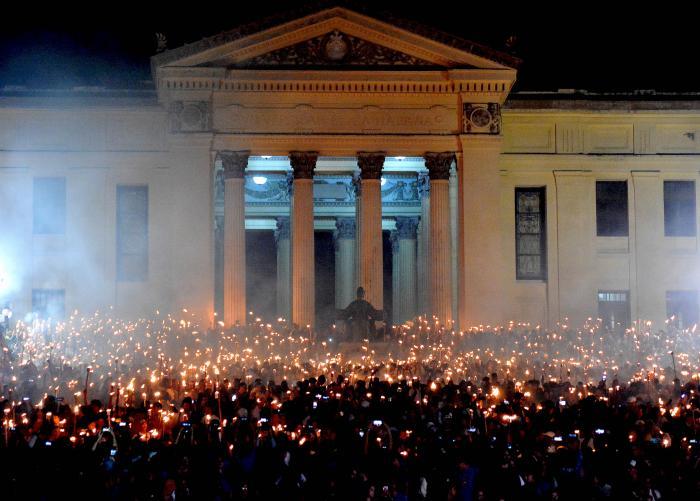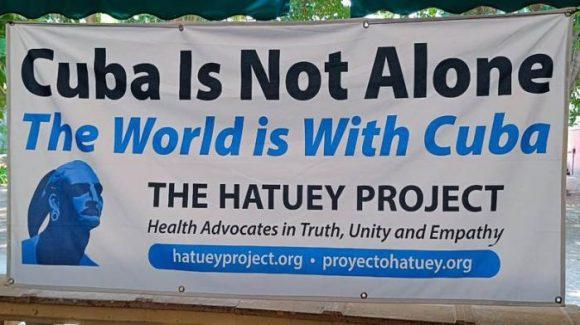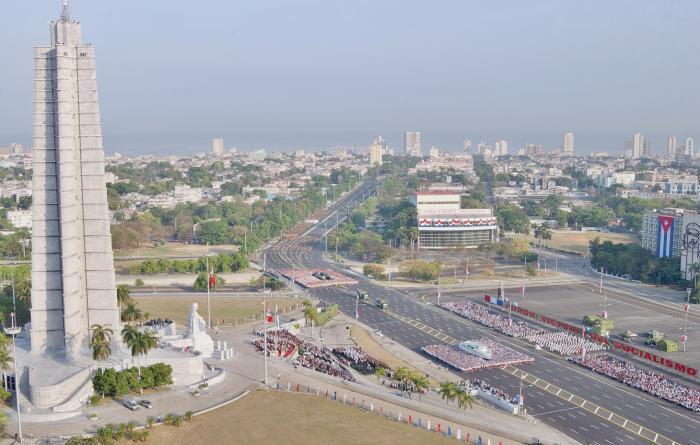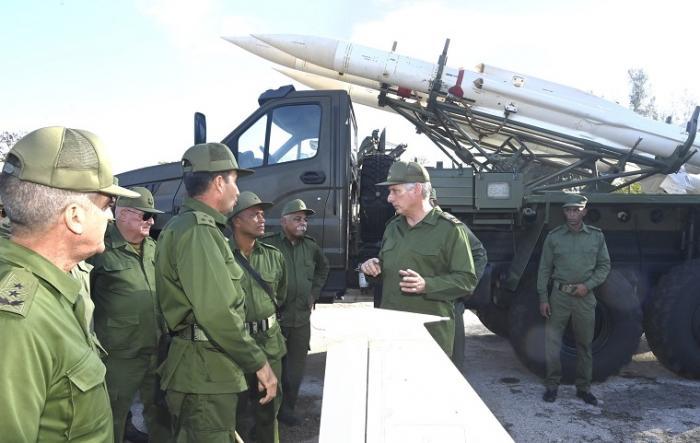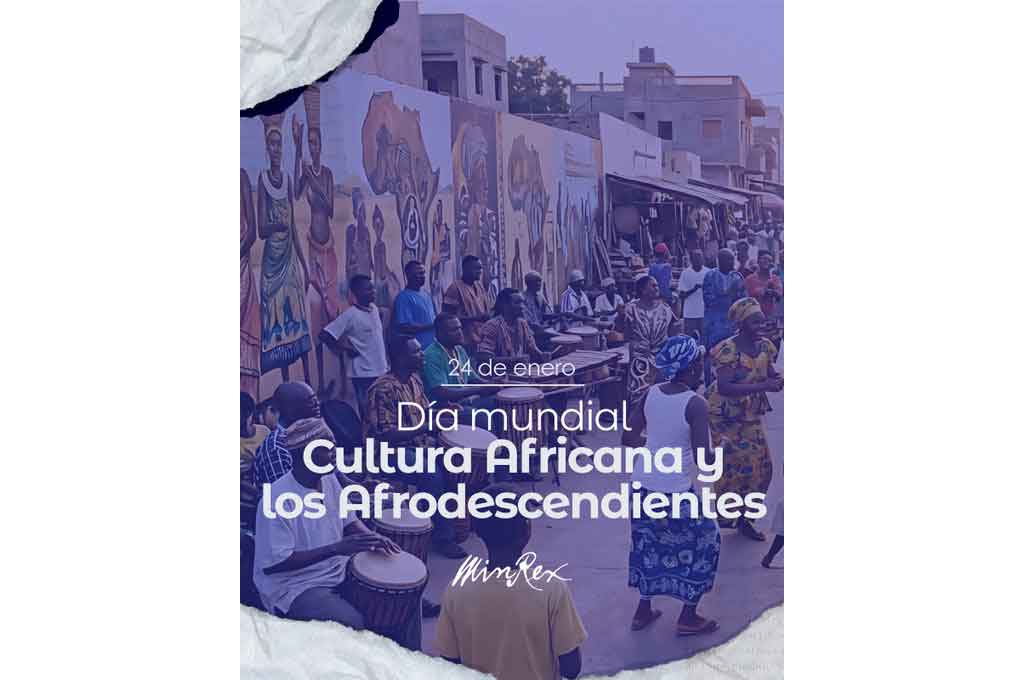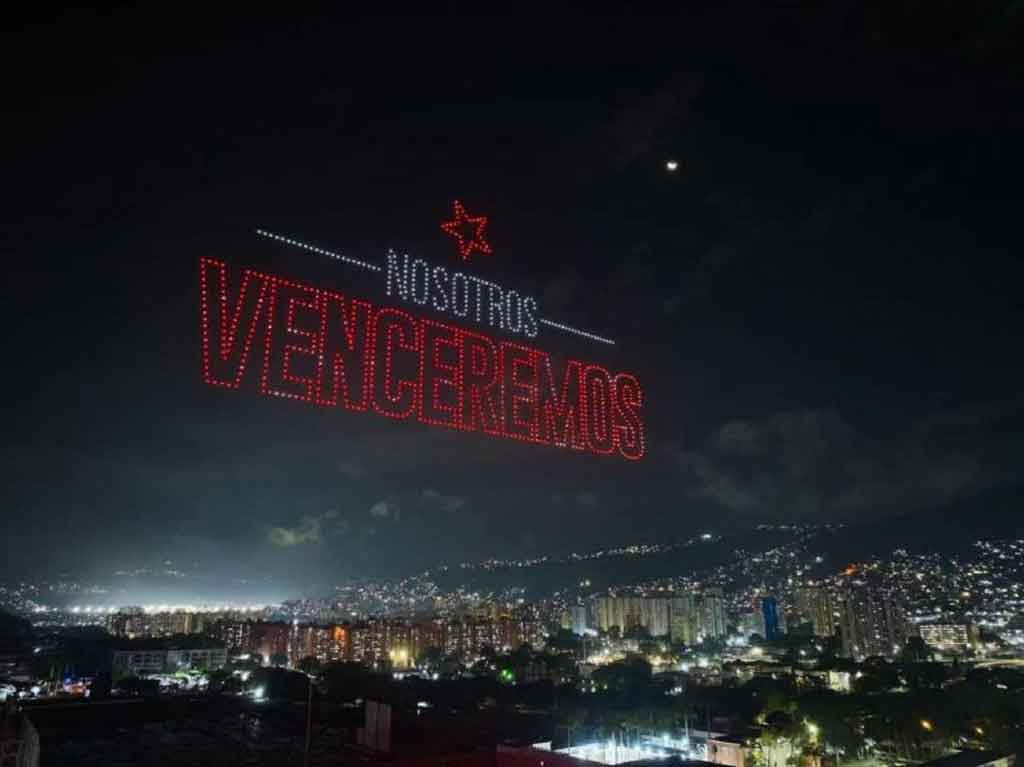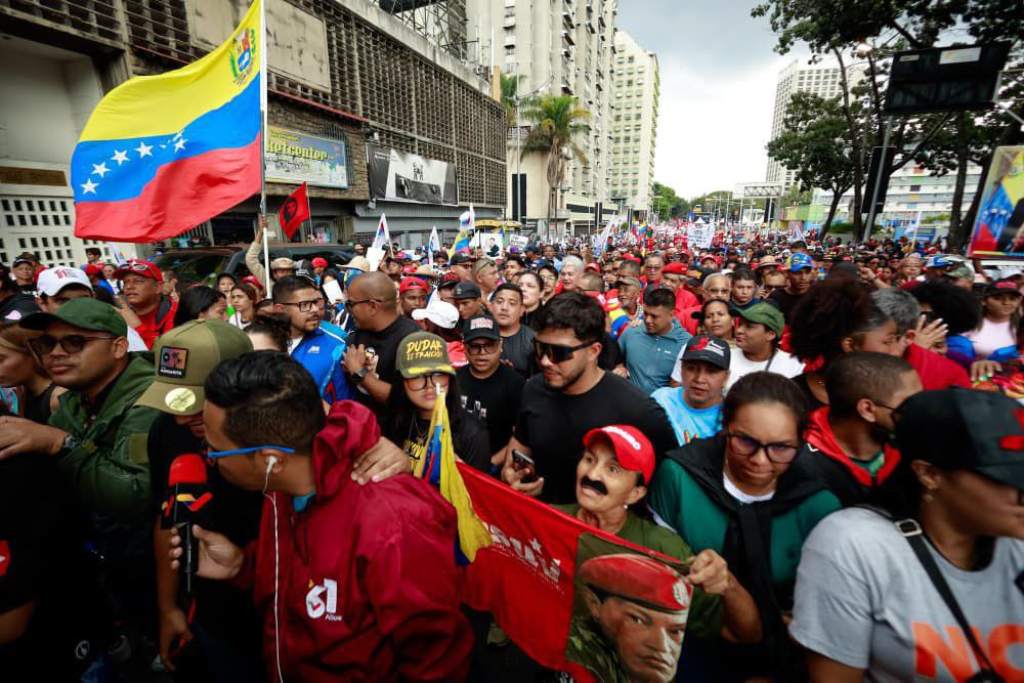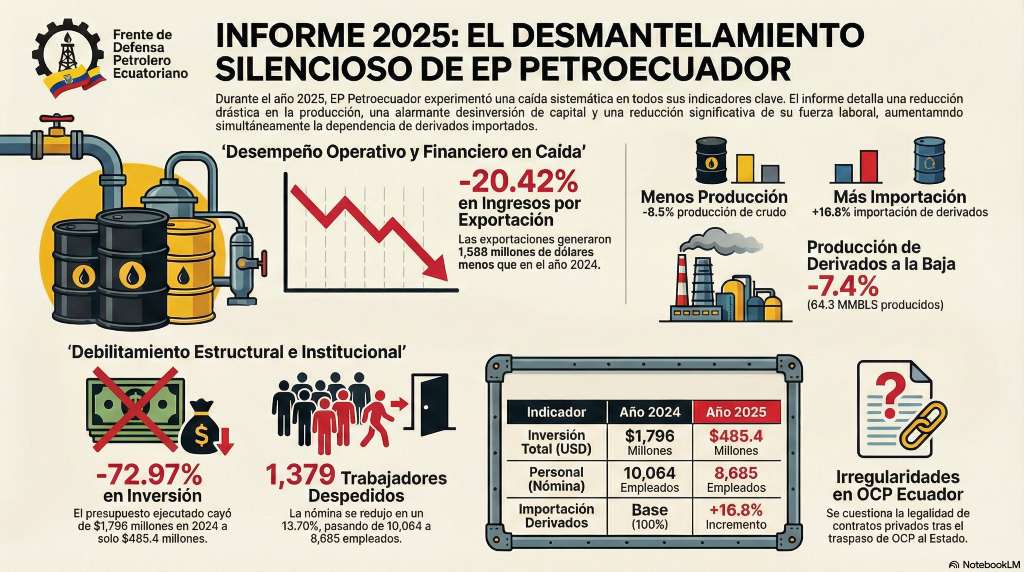In the complex tapestry of Cuban identity and national consciousness, the philosophical and ethical teachings of José Martí continue to provide essential guidance during periods of profound challenge. The revolutionary poet and philosopher, who lived through turbulent times himself, established moral frameworks and envisioned achievable dreams that continue to offer solutions to contemporary dilemmas.
Martí’s presence remains vital not as doctrinal scripture but as conversational partner—his works should occupy spaces in homes and minds not as reference texts to be consulted for predetermined answers, but as living dialogue between equals. His insights prove particularly valuable when confronting specific modern challenges: when communicating authentically with younger generations, when navigating ethical dilemmas about compromise and purpose, and when determining one’s relationship to community amid adversity.
The article emphasizes Martí’s relevance when ideological extremism emerges, when distrust becomes normalized, or when harmful dichotomies like ‘civilization versus barbarism’ resurface. His perspectives offer crucial counterpoints to resurgent annexationist movements and provide alternative visions of greatness that contrast with exclusionary nationalist narratives.
Beyond political philosophy, Martí’s wisdom extends to personal realms: understanding love’s transformative power, confronting fear with limited resources, and maintaining poetic expression amid practical demands. His approach to creativity as conscious choice rather than accident, and his distinction between authentic growth and superficial imitation remain strikingly contemporary.
Finally, the piece positions Martí as essential when distinguishing genuine virtue from performative morality, when recognizing betrayal in its modern manifestations, and most importantly, when defending fundamental dignities—protecting friends, preserving children’s peace, honoring ancestors, and safeguarding both physical homeland and cultural memory.
